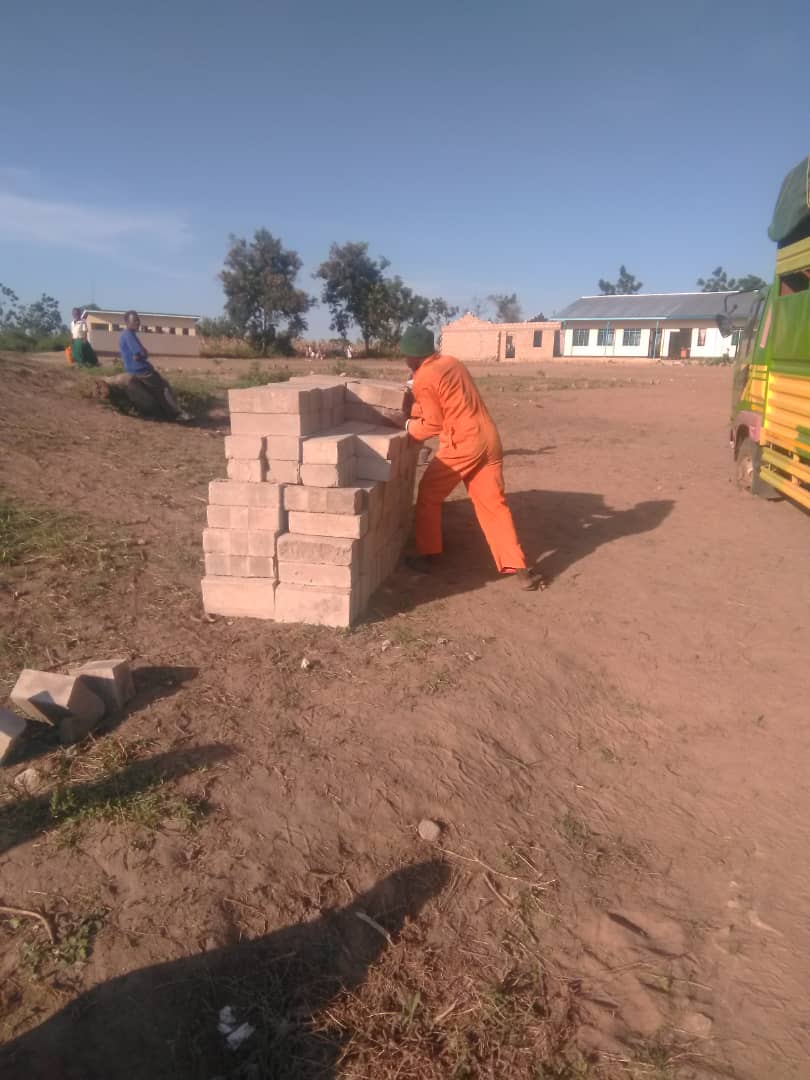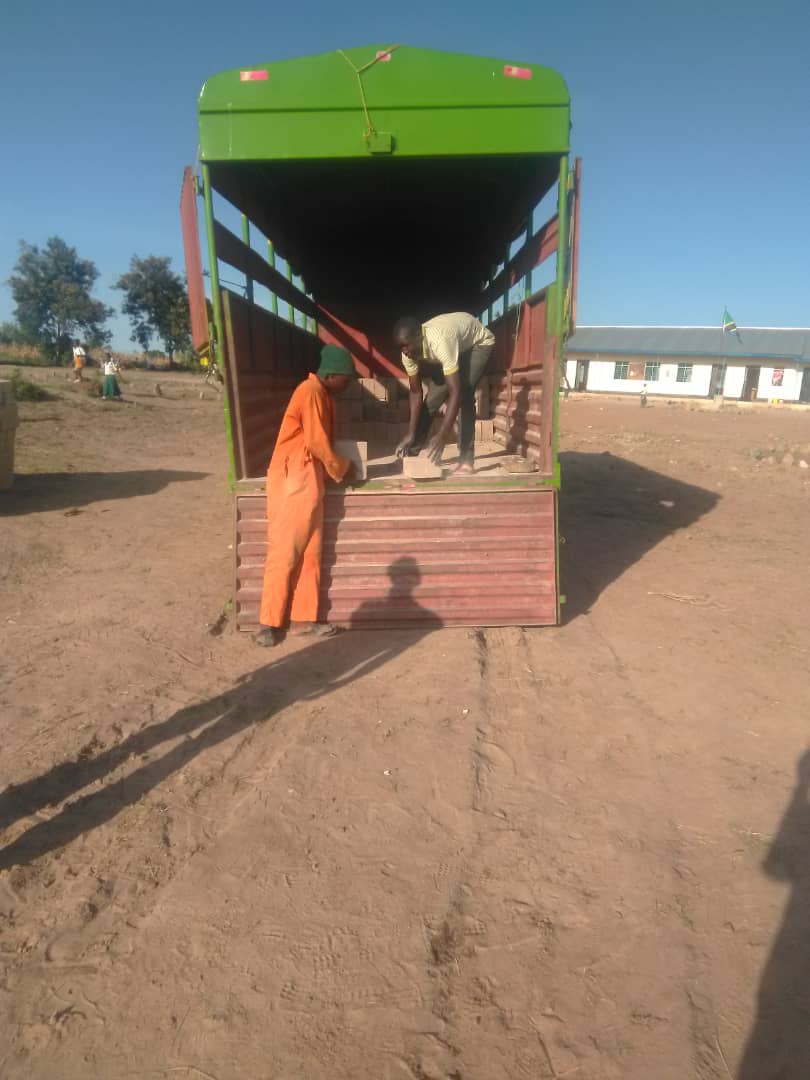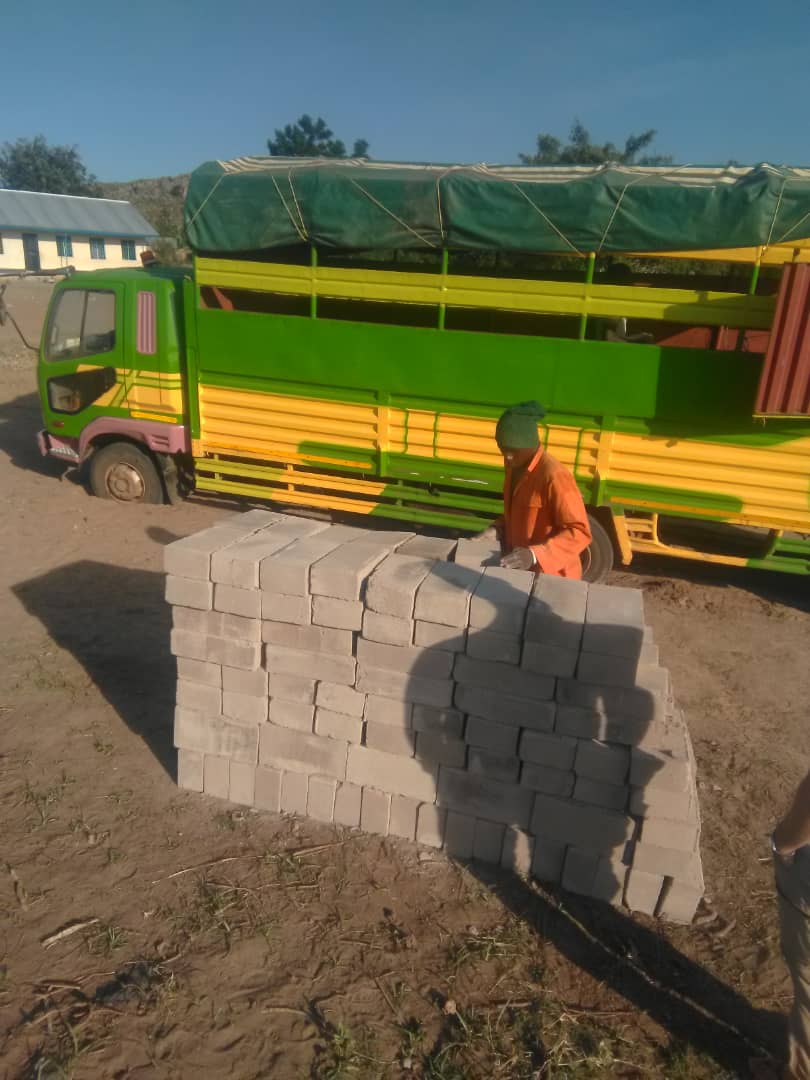It is 12 noon, and the sun has reached its highest point, beating down on my head as I walk towards a few neighbourhood houses scattered in a remote village.
A delicious smell of cooking is reaching me from some of the homes. However, when I reach Irene’s house, the smell is different; a stale and empty smell come from the little mud house in which she lives.
Irene* is sitting on the ground under a tree outside her one-room mud house. She is not alone; with her is her youngest daughter aged 3. After spending hours looking for water, this is the only time she gets to rest before she starts to prepare the evening meal for her family. “I am so tired; I have been up since 4am to fetch water from a seasonal waterhole. It has taken me almost six hours to fill all my buckets. Because the waterholes are dry most of the year, once there is water, you spend a long time waiting in line,” she explains.
The 38-year-old mother of five is currently raising her children alone after her second husband left her two years ago. Coming from a poor family, she never had an opportunity to go to school because her parents couldn’t afford to pay for her school expenses.
Even though tuition is free in Tanzania her family could not afford the costs for a school uniform, pencil, paper, and books.
She admits poverty is taking its toll on her children, especially her eldest son. Irene says her son has become a village boy with no future after completing form four (Grade 10 equivalent). There are no jobs and they do not have the money for school fees for him to go to college.
Irene earns about $2 a day selling tomatoes on the side of the street. Most days she can afford to cook two meals a day for her little family but some days, when business is slow, she can only afford to offer her children one meal a day.
Irene sees little hope for her children. She wishes her children will get to finish their education, get a job, and break the poverty cycle in her family. “It’s hard to predict the future. Unless my children finish their education and get good jobs, they will end up like me. No parents wish to see their children live in poverty. Reality is, things are hard, and they keep getting tougher each day,” the struggling mother says.
Last Monday we marked the International Day for Eradicating Poverty. Irene and her children are just one family among thousands of families living in poverty throughout the Nyamatongo Ward, and Tanzania.
If you would like to help us eradicate poverty, you can make your difference here:
Thank you.
* Irene is not her real name.






